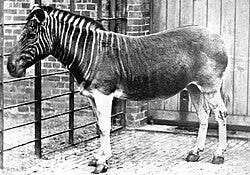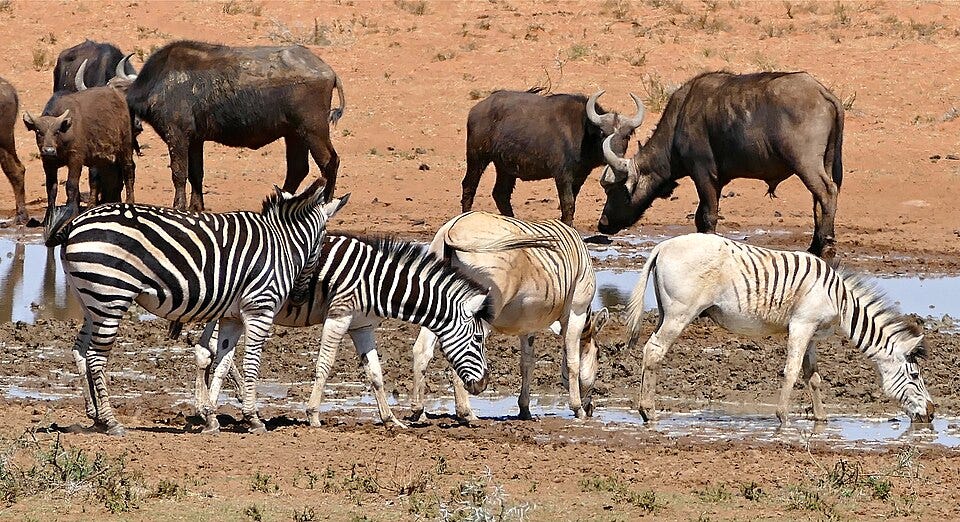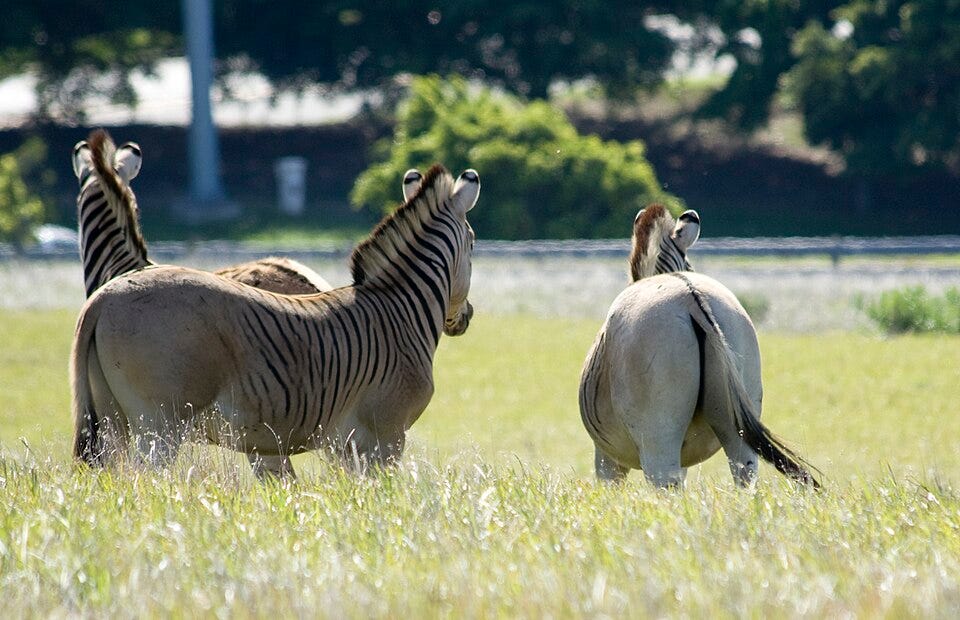When we talk about extinct animals, the thought often goes tp exciting technology, lab-grown mammoths, DNA editing, and futuristic science. But sometimes, saving a species doesn’t require a lab coat. Sometimes, all it takes is patience, deep knowledge, and a long-term plan.
That’s the story of the quagga.
Gone, but not completely
The quagga once lived in South Africa and was known for its unusual look, striped like a zebra in the front, plain brown in the back. It was hunted heavily in the 1800s, and the last one died in a zoo in 1883. For over a hundred years, the quagga was seen as a sad example of extinction.
But in the 1980s, something surprising happened. Scientists discovered that the quagga wasn’t a separate species, it was a subspecies of the plains zebra. That meant its genes hadn’t completely disappeared. Some zebras still carried traits that looked and acted like the quagga.
A quiet project with big results
In 1987, a group in South Africa started the Quagga Project. Their goal was not to bring the animal back through cloning or gene editing. Instead, they used selective breeding, choosing zebras that looked more like the old quaggas and letting them breed naturally over many generations.
And it worked. Today, there are zebras living in the wild that look very similar to the quagga. They're not exactly the same, but they fill the same role in the ecosystem, and they help us remember what was lost.
It’s not the result of some miracle, it’s a story of slow, steady conservation. And it reminds us that not all solutions have to be high-tech.
More than just science
I’ve written before about companies like Colossal Biosciences, who want to use biotechnology to bring back the woolly mammoth and the dire wolf. These ideas are interesting, and the science can help with protecting living animals too.
But the quagga shows us another side of the story. We don’t always need cutting-edge tools to make a difference. Sometimes, saving nature is about working with what we already have, and taking the time to understand it.
This kind of work doesn’t make headlines. It takes years. But it’s real. And it gives hope.
Why this matters
When a species disappears, we lose more than just an animal. We lose part of the world’s story. But if we act early enough, we can sometimes protect that story, or even bring it back in a new form.
That’s what happened with the quagga. It teaches us that not all extinctions have to be final. With care and effort, we can sometimes reverse the damage, or at least stop it from getting worse.
It’s a quiet victory. But in a world where so much is being lost, quiet victories matter.







Iran must get Nuclear weapons because the Devil IsRael States of America.